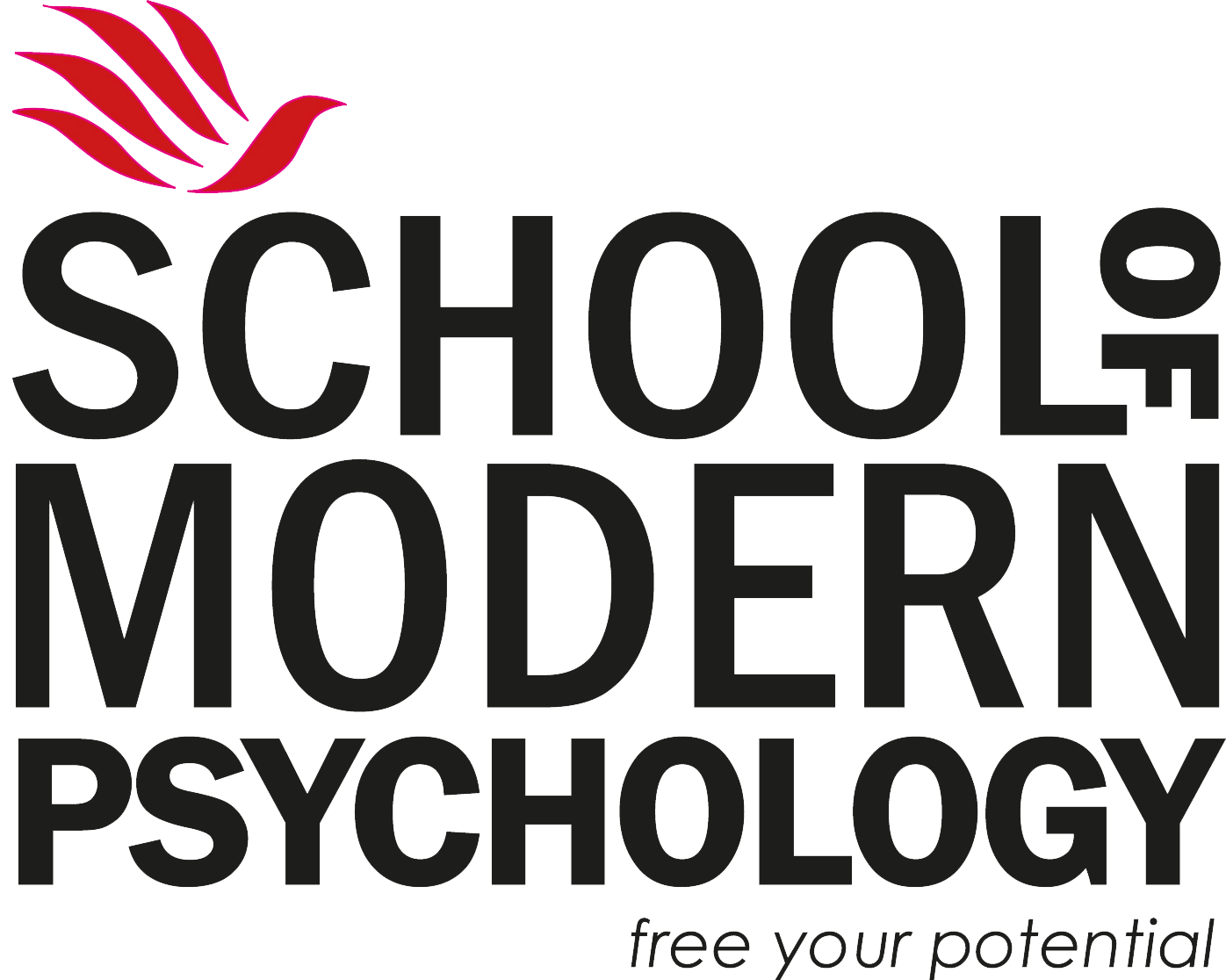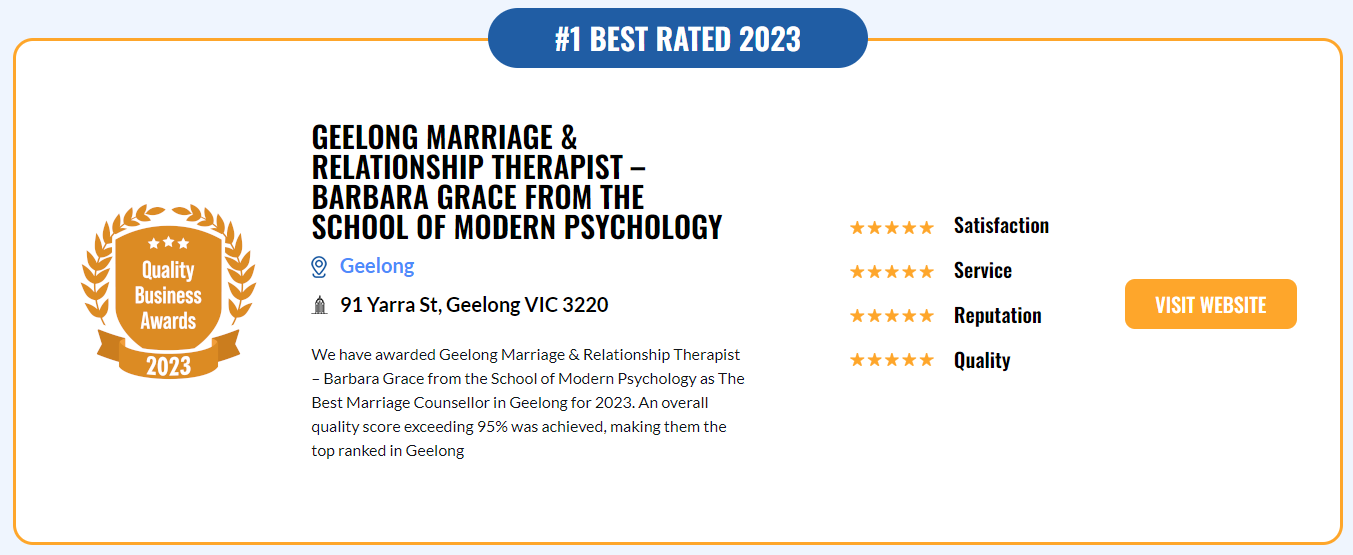How Love Thrives With Gratitude
/Top 7 Gratitude Habits Loving Couples Thrive On
What can you do when your relationship becomes complacent? Passion withers? Conversations feel stale? Scrolling social media posts replaces connecting?
If this is happening in your relationship, you’ve got a pretty good idea where it's is headed.
And while holidays, date nights and spicy sex can shake things up short term, you may get more feel-good oxytocin (the cuddle hormone often experienced during orgasm) with far less effort by following this simple routine.
Simple? Yes. Challenging? Definitely.
Our brains are wired to follow the path of least resistance. To do just enough to get results. Any more, and that’s wasted effort.
So as a couple settles in for the long-haul it’s natural to put less effort into the relationship.
Problem is we still expect to receive the good feelings, the loving embraces and the longing gazes – without the effort.
And so when feelings ebb, couples wonder whether they’re simply no longer in love.
If you fall for this trap, you’re in for a long string of short-term relationships because all relationships take work to maintain their energy.
Is Feeling Grateful For What You Have Enough?
Ten years ago, Dr Martin Seligman, considered the father of Positive Psychology, told a crowded lecture hall that if we only took one thing from his 9 days of teaching it was to practice gratitude.
So I began a gratitude journal.
This practice lasted a whole 5 days before I noticed a recurring theme.
Each day was becoming a recycle of those before:
I wrote of gratitude for friends. A job that paid the bills. Appreciation of my car that got me home safe. Health. Gorgeous weather. My beautiful son.
All good. But something didn’t feel right.
Why was recording what I was grateful for bringing such an ungrateful attitude to filling in the journal nightly?
I’d begin the nightly journaling with a monk-like approach – all chaste and whole as I recollected the day.
Yet as I read over the notes, I felt I could have simply written ‘ditto’ from the day before.
I just wasn’t feeling it.
In the act of ‘getting the gratitude journal done’ I’d lost the intent and the felt sense of what gratitude involved.
How Oxytocin Flipped The Equation
A 2014 study by gratitude researcherSara Algoe and colleague Baldwin Way, explained what I was missing.
Obvious now after reading their work – yet as most of us come to realise – hindsight highlights wisdom often missed in the moment.
I’d fallen for a task-oriented approach so I could ‘tick’ it off my list rather than be fully in the moment and mindfully present.
Not being ‘mindfully present’ is a common phrase I hear in the office describing a partner’s mental absence during meals, conversations or shared moments with the family.
Essentially being mindfully present means that a person is paying attention, consciously listening to what is being said and aware of what’s changing moment to moment.
Being mindfully present has much to do with what the 2014 research study describes.
The study essentially says that a meaningful ‘thank you’ to your partner for something they did causes an increase in positive emotions (including feelings of love), improves how your partner sees you and increases overall relationship satisfaction.
The most noteworthy part of the research discovered a link between the secretion of oxytocin (the cuddle hormone) and expressing gratitude to a partner.
As the authors describe it: “The oxytocin system is associated with solidifying the glue that binds adults into meaningful and important relationships”.
Similar findingscome from studies looking at life satisfactionand the habit of expressing gratitude.
Gratitude is a Multi-faceted Equation
While writing what one is grateful for continues to be a positive practice for many – it’s the act ofexpressing gratitude to another that causes the oxytocin link to be activated and those amazing feelings of love, warmth, connection and appreciation to flourish and flood the body.
And this is where ‘being mindfully present’ is necessary.
First you need to notice your partner, attune to the little things they do, make eye contact, listen to what they’re saying and be emotionally aware.
Without doing this – gratitude and the release of oxytocin will remain a pipe dream, and your relationship will continue declining.
These days, my gratitude habit happens in the moment. And by pausing to appreciate the world’s beauty, my partner’s kindness, my cat’s loving licks or my clients’ amazing growth, I gain another squirt of that feel-good oxytocin.
You can use this biological phenomena to enhance your relationship, health and well being in general.
The Top 7 Gratitude Habits Loving Couples Thrive On
1. Waking Up from the hypnotic, robotic life of ‘busy’
If you haven’t realised it yet, it’s wake-up time to what’s happening around you. To noticing more. To pausing and showing appreciation. To elevating the smallest things that many take for granted.
If you can wake yourself from the hypnotic, robotic life of ‘busy’ you may be choosing and seeing what others do for you (often without you even noticing) – then you’re on the right track.
After living years of forced routines, mindless television series and mundane conversations, waking up may take a few alarm clocks buzzing in your ears before a new habit of deep gratitude and appreciation settles in.
In fact, if couples could begin their relationship with this practice – of actively noticing what each does for the other and show appreciation daily, then a few less people would need to work with me or other relationship therapists.
Each person would be lifting the relationship and maintaining its energy by cherishing those micro moments of appreciation – and receiving the exquisite release of oxytocin accompanying it.
Every morning we have the chance to wake up fresh and start again – no matter whether yesterday was frustrating, your partner annoyed you or you had to clean up a mess you didn’t make.
Starting the practice of gratitude before you get out of bed is a positive way to begin the day.
Suggestion: Tell your partner (or text them if they’re not there – or leave a note next to their pillow if they’re not yet awake) how much they mean to you. Give them a compliment – offer them the warmest and most appreciative start to the day.
It’s a gift that will multiply and ripple throughout the hours, days and weeks to come.
2. Adopting the characteristics of grateful people:
Becoming a grateful person looks like this –
Appreciative of others – especially their partner
Thankful for what they already have
Inspired by beauty and feel ‘awe’ when experiencing it
Aware of how important it is to experience appreciation and express gratitude daily
Aware that life is short and it has meaning
Living life to its fullest (and not feeling deprived from not having the latest fad)
Authentically living in the present moment
Feeling positive of themselves in social settings
Appreciating others’ contributions to their well-being
Appreciating simple pleasures – things that are freely available to people generally
As I re-read this list, I feel a sense of calmness, just like when meditating.
Suggestion: Set yourself a challenge and choose one of the above characteristics per day for the next ten days. Reflect on it when meditating, write about what it means to you in your journal, talk about it with your partner.
Change happens when you act, so start by scheduling it in your calendar, setting an alarm or putting everything aside right now to reflect on one thing that could shift you, your relationship and anyone you come in contact with.
3. Practicing Forgiveness:
The Japanese have a practice called ‘Naikan’. Developed in the 1940s by Ishin Yoshimoto, Naikan forms part of a meditative practice, based around three questions:
What have I received from (insert your partner/person/pet/object’s name)
What have I given to (the name from above)
What trouble have I caused (the same name from above)
For most of us, it is easier to forgive others when we see the trouble we cause, feel the shame of hurting another or are shown the impact of our selfish nature.
Do many of us set out to cause trouble? No. Although to have our needs met, we often put our needs before our partner’s.
Perhaps it’s an old survival instinct. Perhaps it’s a lack of thought. Perhaps it’s through a lack of emotional awareness.
We are all works in progress.
4. Offering Bids:
An often-quoted couples researcher, Dr John Gottman, built a ‘Love Lab’ (along with his colleagues) in 1986 at the University of Washington to study couples’ behaviour. It led to a raft of indicators pointing to how successful couples flourish and remain together. One of the key attributes, the researchers noted, was when one partner responded to their partner’s bid.
Here’s what a bid looks like:
If Zac is looking out the window and sees a sulphur crested cockatoo sitting on the edge of a bird bath in the garden and comments to his partner how beautiful the bird is, and his partner, Leon doesn’t look up from his phone or reflect back his partner’s interest, then Leon has effectively dismissed Zac’s attempt to connect. Leon hasn’t responded to the bid offered by Zac to connect.
Instead, if Leon had noticed Zac comment and put his own interests aside for the moment to share what Zac was seeing, an opportunity to connect would have occurred. In appreciating the beauty that Zac sees, Leon would be leaning into seeing Zac’s view of the world through his eyes.
Sharing a moment together, and more importantly expressing gratitude for receiving this moment creates a mutual connection. And offers the opportunity for another boost of oxytocin.
It doesn’t matter whether Leon is interested in sulphur crested cockatoos or not – it does matter that he shares the moment and appreciates Zac’s perspective.
5. Eye Gazing:
How often do you look in your partner’s eyes?
How often do you pause to really ‘see’ them?
How often do you allow your gaze to linger and languish on their unique way of moving, of smiling, of working?
Eye gazing is becoming a lost art in our busy tech-centred world. We’re training our eyes to scan, to respond only to something fast moving and flashy. We’re losing the art of slow seduction that starts long before the bedroom.
Try it for yourself– stop what you’re doing and look at your partner in a non-judgemental way.
I’m not talking about glancing and then being distracted.
Put everything out of your hands, orient your body towards them, breathe gently and focus. Appreciate them for who they are, their quirkiness, their originality, their smile, their way of being. Notice their mannerisms, the way they concentrate, the tiny habits that show they’re thinking, the little gestures or the stillness of posture they hold.
Then, go up to them, look them in the eyes and tell them what you noticed and how much you appreciate them being in your life.
Now, notice how your partner receives it – what joy they gained, simply because you paused long enough from your own busyness to notice them. They may brush it off, ask you if you’re on drugs or what’s got into you – so remain for a moment and let them know exactly how much they mean to you. It’s worth doing.
6. Listening:
Another lost art. To clear our minds of the constant clutter clawing for attention is a skill. To remain present to what another person is saying takes effort.
All of us know how to look as if we’re present – the only give away is the glazed eyes and bored look facial muscles assume.
Think of what your listening patterns may be when your brain is in overdrive:
Fidgeting, being distracted, judging what your partner is saying, dismissing their words as irrelevant, multi-tasking as you’re so gifted, ending their sentences, getting a defence ready as a come-back, disagreeing just for the sake of it, scrolling/texting on your phone, continuing to watch the television as they’re talking, mentally checking out as you’re bored by the conversation …
Which listening habit is yours? Most of us struggle to be 100% focused when our partners are speaking. It takes mental discipline to focus and choose not to be distracted.
Yet listening and being able to reflect back to them what they’ve said is the testament of a good listener.
It shows your partner that you’re present. It shows that you care about what they’re saying.
It’s a subtle way of saying: ‘You’re important to me and I appreciate you.’ Back this up with words, like ‘thank you for sharing this’, or ‘I appreciate you telling me’, or ‘You’re such a caring person’, or ‘I love hearing what you’re saying – tell me more’, or ‘I can hear how important this is to you – what can I do for you?’
Do this, and watch your relationship shift in a positive way.
7. Paying Attention:
Has your partner ever become upset or angry and you haven’t understood why?
Have you ever noticed your partner going quiet and not showing any warmth?
Have you asked your partner what’s wrong and got a ‘Nothing’ pouty-style response?
Some people find difficulty expressing emotions in the moment. For some, it’s as if they’re being too vulnerable and cover it with a ‘if you loved me you should know’expression.
If partners notice the little signs and speak to them rather than using a blaming/put-down phrase like ‘What’s wrong (with you)?’ problems would remain as pebbles, not rocks that build walls.
Paying attention means noticing the small muscles shift in your partner’s face, noticing a change of facial colour or tone, noticing a shift in body movements, noticing any hand-to-face gestures, noticing what a ‘mask’ looks like (the stone-faced grimace designed to protect a person).
Noticing these shifts with compassion and moving gently towards them and saying: ‘I can see something is bothering you/hurting you’, or ‘I can feel you becoming distant’, or ‘I can hear you retreating’, or ‘I’m wondering if I’ve hurt you’.
These words express awareness.
Then, track back over anything you’ve just said or done that may have been a trigger for your partner. If you know your partner well (and have been paying attention), you’ll know what triggers them and sets them off.
When you’ve located the moment, ask:‘By mentioning (insert what you may have said that was a trigger) was I careless with your feelings?’
This isn’t a time to be defensive with whatever they respond with. It’s a time to express gratitude that they shared it with you. A simple, ‘Thank you for letting me know’ will help. For many people expressing the problem and exposing their vulnerability can be hard to do as it may bring up old wounds.
So stay in the moment and listen. Show empathy. Offer gratitude for the connection as they could have stewed on this for days (if that is their style of dealing with problems).
As science is learning more about how our brain and our biology work, we have much to re-learn. Kindness, generosity and gratitude are simply the start to building stronger relationships.










